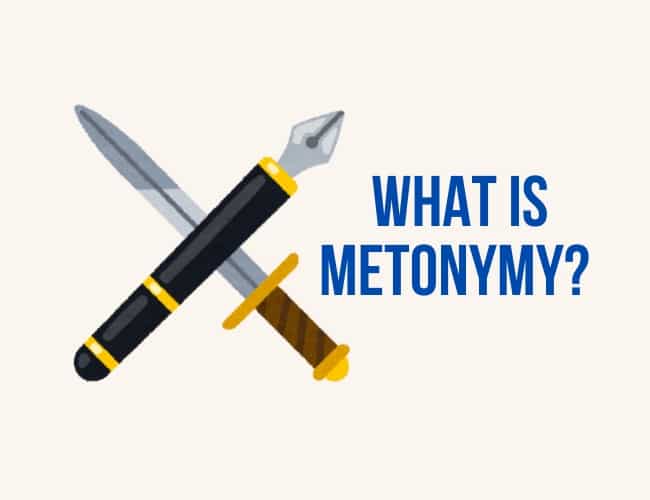
by Robert Harrell |
If you’ve heard the saying, “The pen is mightier than the sword,” then you’ve experienced metonymy. But what is metonymy and how is it used in writing? Let’s look at the definition, types, and examples of metonymy.
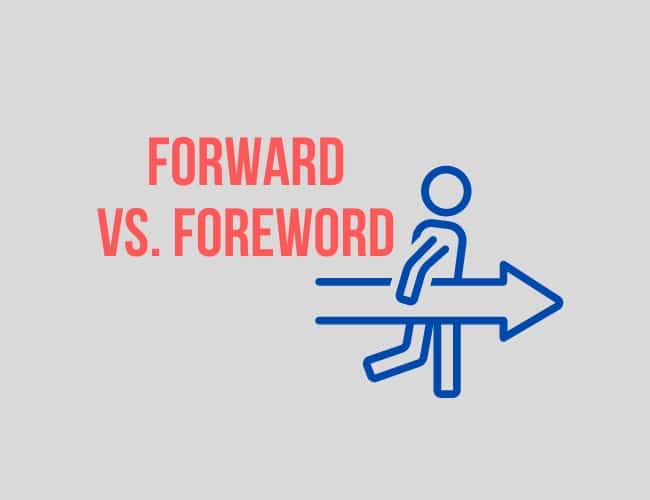
by Robert Harrell |
English is full of homophones, words that sound the same but mean different things. Often, they are spelled differently. Everyone is aware of the problems with there, there, there; too, too, two; and carat, caret, carrot. (Well, maybe not that last one so much.)
Forward and Foreword are two more homophones that cause problems. So, let’s take a look at them.
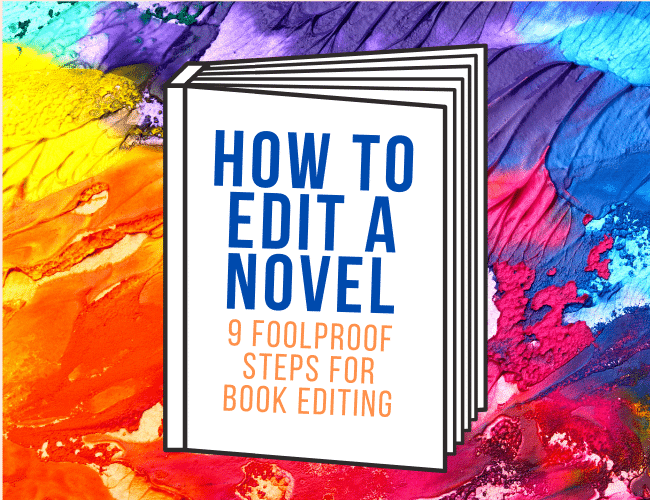
by Sarah Gribble |
Are you the kind of writer that loves writing a first draft but has no idea what to do once you’re done with it? Do you worry that you don’t know how to edit a novel, and freeze up because of this?
Editing is hard, but luckily there are strategies you can take when editing your first draft (and others), or even if it’s your first time.
In this article, I’ll teach you the process I’ve learned after years of struggling to edit. But first, there’s one thing we have to get out of the way:
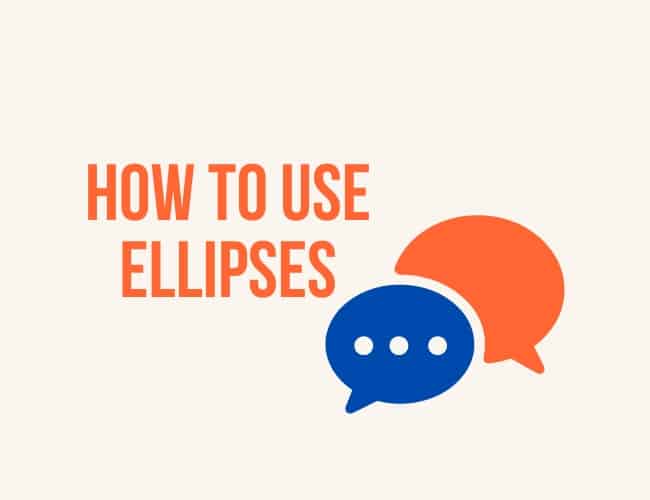
by Liz Bureman |
Here at the Write Practice, we have love for all punctuation marks: commas, semicolons, question marks. Today we’re discussing that trio of periods that make up the ellipsis.
What’s an ellipsis?
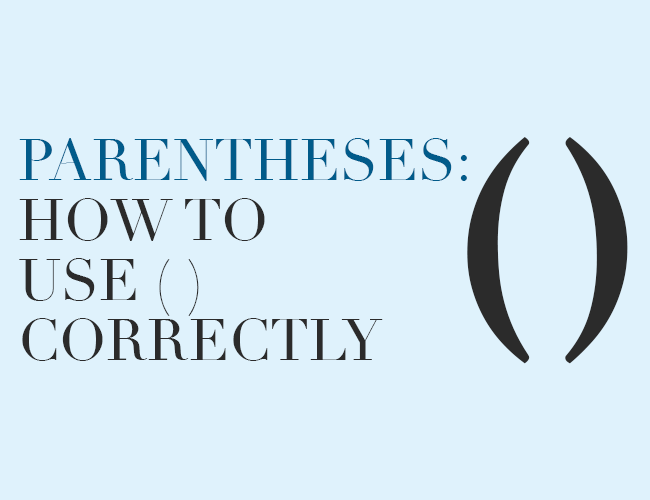
by Liz Bureman |
Parentheses are punctuation marks that look like curly brackets. They are used in pairs and can contain phrases, clauses, or even complete sentences. Let’s look at some ways to use them more specifically.
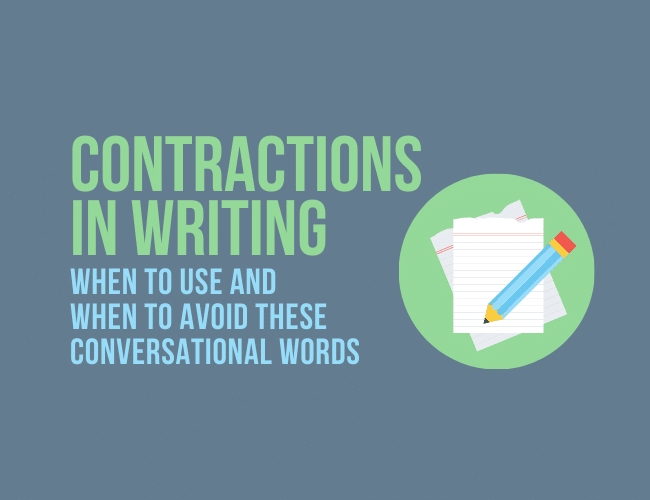
by Joe Bunting |
I had a conversation with a fellow writer recently about contractions, when they’re appropriate to use and when they should be avoided.
But first, what are contractions? Is there a contractions list?








